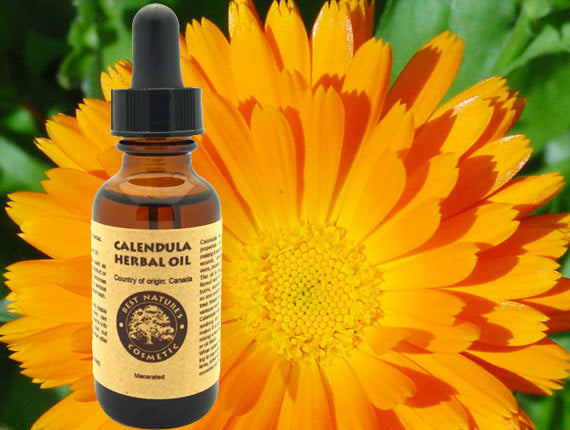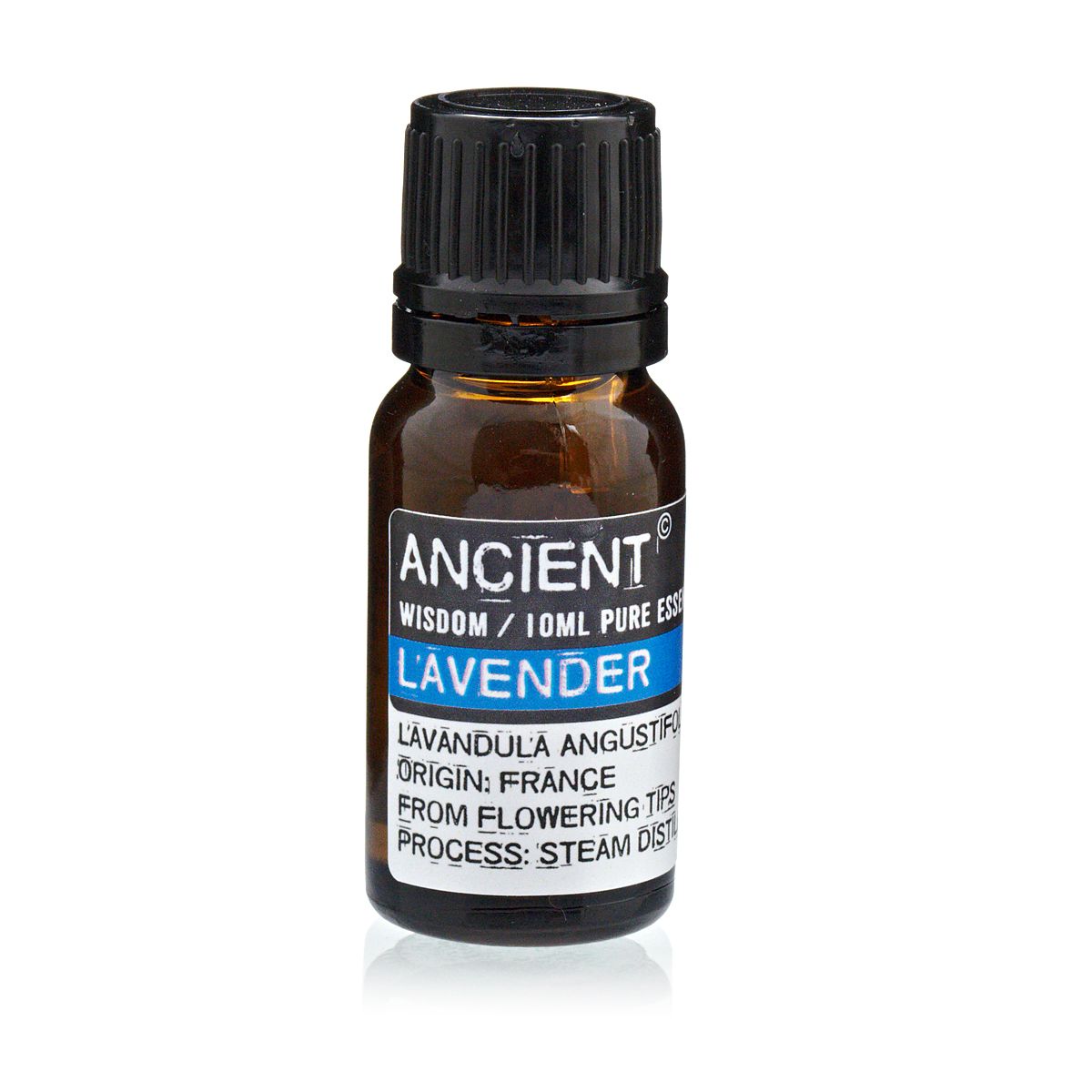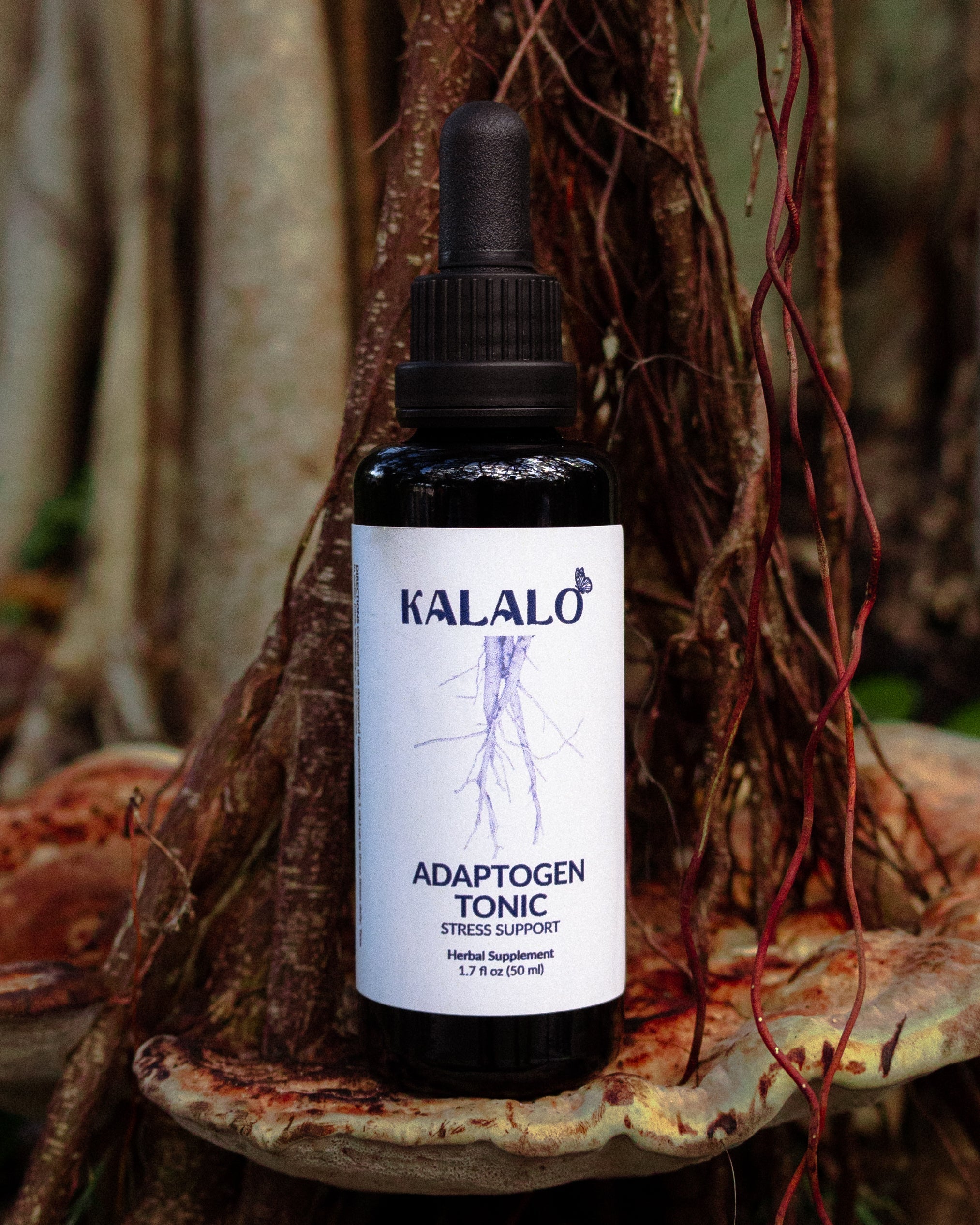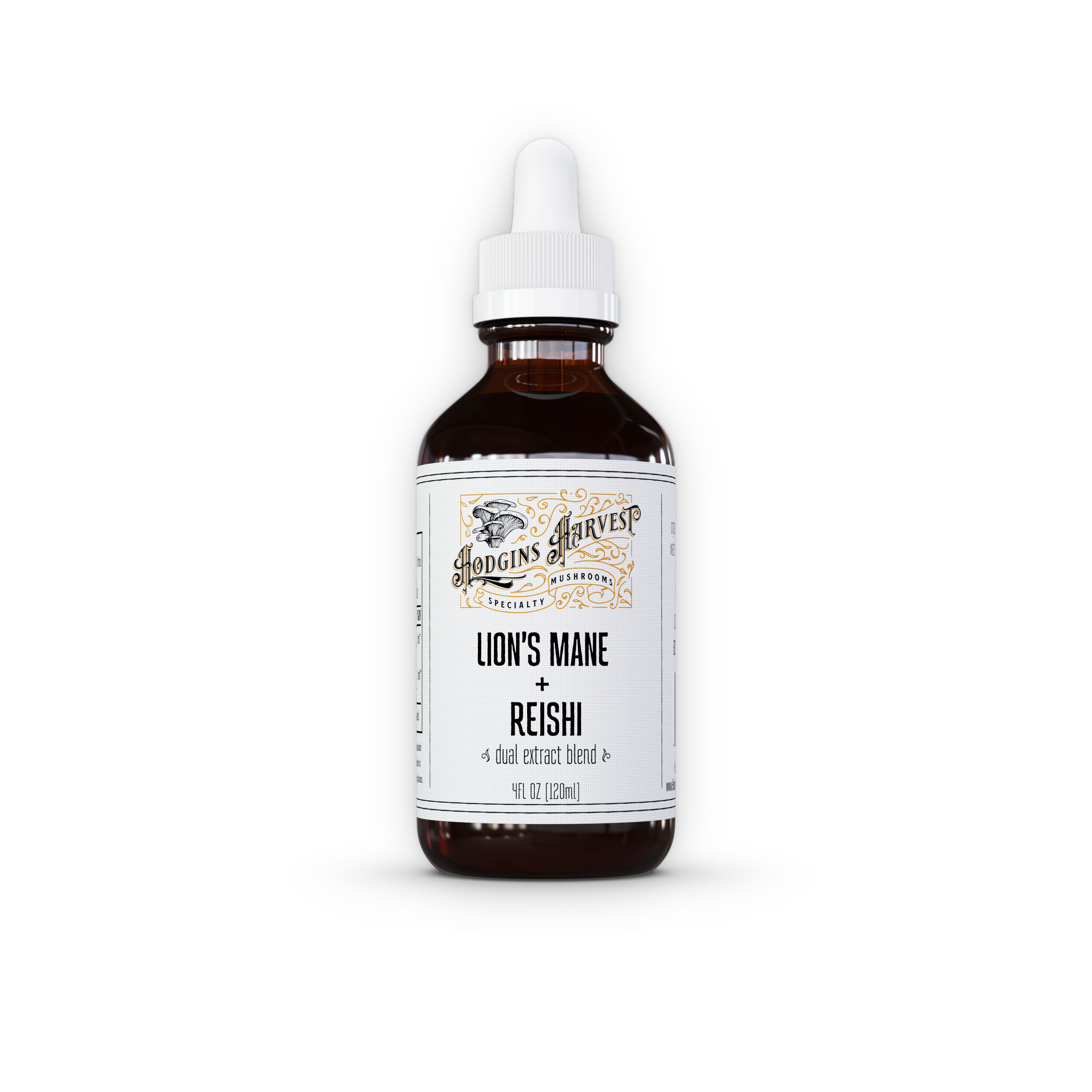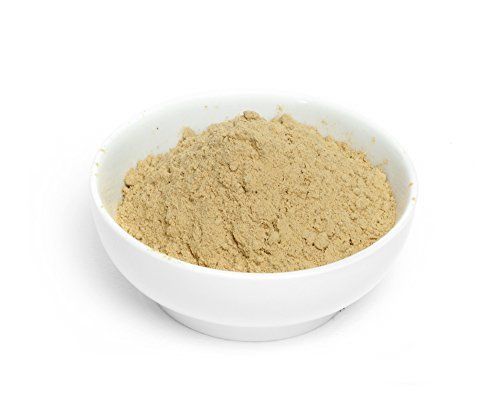
In an era where viral infections are a global concern, strengthening our immune defenses is more important than ever. Fortunately, nature provides a variety of supplements, minerals, herbs, and teas that have been studied for their antiviral and immune-boosting effects. Incorporating these into your daily routine can help support your body’s defenses, reduce infection severity, and promote faster recovery.
How does the immune system fight viruses?
The immune system defends against viral pathogens through a complex network of cells and molecules, including lymphocytes, macrophages, interferons, and antibodies. A strong, balanced immune response is essential to prevent viruses from establishing infection and to clear pathogens efficiently.
Evidence-based antiviral and immune-boosting agents
1. Vitamin C (Ascorbic Acid)
Research & Benefits:
Vitamin C is a powerful antioxidant that enhances the function of various immune cells, including neutrophils and lymphocytes. It helps reduce inflammation and supports the skin barrier—your first line of defense. Clinical studies suggest that adequate vitamin C intake can shorten the duration and severity of colds and support immune resilience against viruses (Cochrane Review, 2013).
Use:
Consume citrus fruits, berries, or supplement with vitamin C tablets or powders.
2. Zinc
Research & Benefits:
Zinc plays a vital role in immune cell development and signaling. It has direct antiviral properties and inhibits viral replication, especially in respiratory viruses like the common cold coronaviruses. Several studies demonstrate that zinc lozenges can reduce cold duration when taken early (The Journal of Infectious Diseases, 2010).
Use:
Take zinc supplements (15-30 mg daily), especially at the onset of symptoms.
3. Echinacea
Research & Benefits:
Echinacea is one of the most studied herbal remedies for immune support. It appears to stimulate macrophages and promote cytokine production, which can enhance viral clearance. Some research indicates that Echinacea reduces the incidence and severity of upper respiratory infections (Cochrane Review, 2014).
Use:
Use extracts or teas during cold seasons or at early signs of illness.
4. Elderberry (Sambucus nigra)
Research & Benefits:
Elderberry extracts contain anthocyanins with antiviral activity, particularly against influenza viruses. Clinical trials suggest elderberry can reduce flu duration and symptoms (Journal of International Medical Research, 2004).
Use:
Take elderberry syrup or capsules at the first signs of viral illness.
5. Curcumin (Turmeric Extract)
Research & Benefits:
Curcumin exhibits antiviral effects by modulating immune responses and inhibiting viral replication. It also reduces inflammation and supports immune regulation (Frontiers in Immunology, 2018).
Use:
Consume turmeric in food or take curcumin supplements with piperine to enhance absorption.
6. Garlic (Allium sativum)
Research & Benefits:
Garlic contains allicin, which has broad-spectrum antiviral properties. Studies have shown garlic can enhance immune cell activity and reduce incidences of colds and other infections (Advances in Pharmacology, 2000).
Use:
Add raw garlic to meals or take garlic supplements.
7. Medicinal Mushrooms (Reishi, Shiitake, Cordyceps)
Research & Benefits:
These mushrooms contain beta-glucans and polysaccharides that modulate immune responses and have antiviral properties. Reishi, in particular, supports immune regulation and enhances resistance to infections (International Journal of Medicinal Mushrooms, 2017).
Use:
Consume mushroom extracts or teas regularly.
8. Green Tea (Camellia sinensis)
Research & Benefits:
Rich in catechins like EGCG, green tea exhibits antiviral activity by inhibiting viral replication and supporting immune functions. Green tea polyphenols support antioxidant defenses and reduce inflammation (Biomedical Research International, 2015).
Use:
Drink freshly brewed green tea daily.
9. Probiotics
Research & Benefits:
A healthy gut microbiome is crucial for optimal immune function. Certain probiotic strains enhance antibody production and modulate immune responses, contributing to viral defense (Frontiers in Immunology, 2018).
Use:
Take probiotic supplements containing strains like Lactobacillus and Bifidobacterium.
Conclusion: Supporting Your Body's Natural Defense
While vaccines and hygiene are critical in preventing viral infections, boosting your immune health through natural remedies can provide added protection. Incorporate a balanced diet rich in vitamins, minerals, and herbs, along with regular consumption of immune-supporting teas and supplements, to help your body fend off viruses effectively.
Key takeaways:
- Consistent intake of immune-boosting nutrients like Vitamin C, zinc, and probiotics can enhance your body's ability to respond to viral threats.
- Herbal remedies such as Echinacea, elderberry, garlic, and medicinal mushrooms have demonstrated antiviral properties and can be used as preventive measures or at the first signs of illness.
- Antioxidants like curcumin and green tea fight oxidative stress and inflammation, supporting overall immune resilience.
- Healthy lifestyle habits—adequate sleep, regular exercise, good hydration, and stress management—complement these natural remedies for optimal immune function.
Proactive wellness involves combining these natural strategies with good hygiene, vaccination, and medical care when needed. Always consult with a healthcare professional before starting new supplements, especially if you have existing health conditions or are on medication.
By empowering your immune system with evidence-supported natural remedies, you can better protect yourself against viruses, shorten illness duration, and support overall health and vitality.


